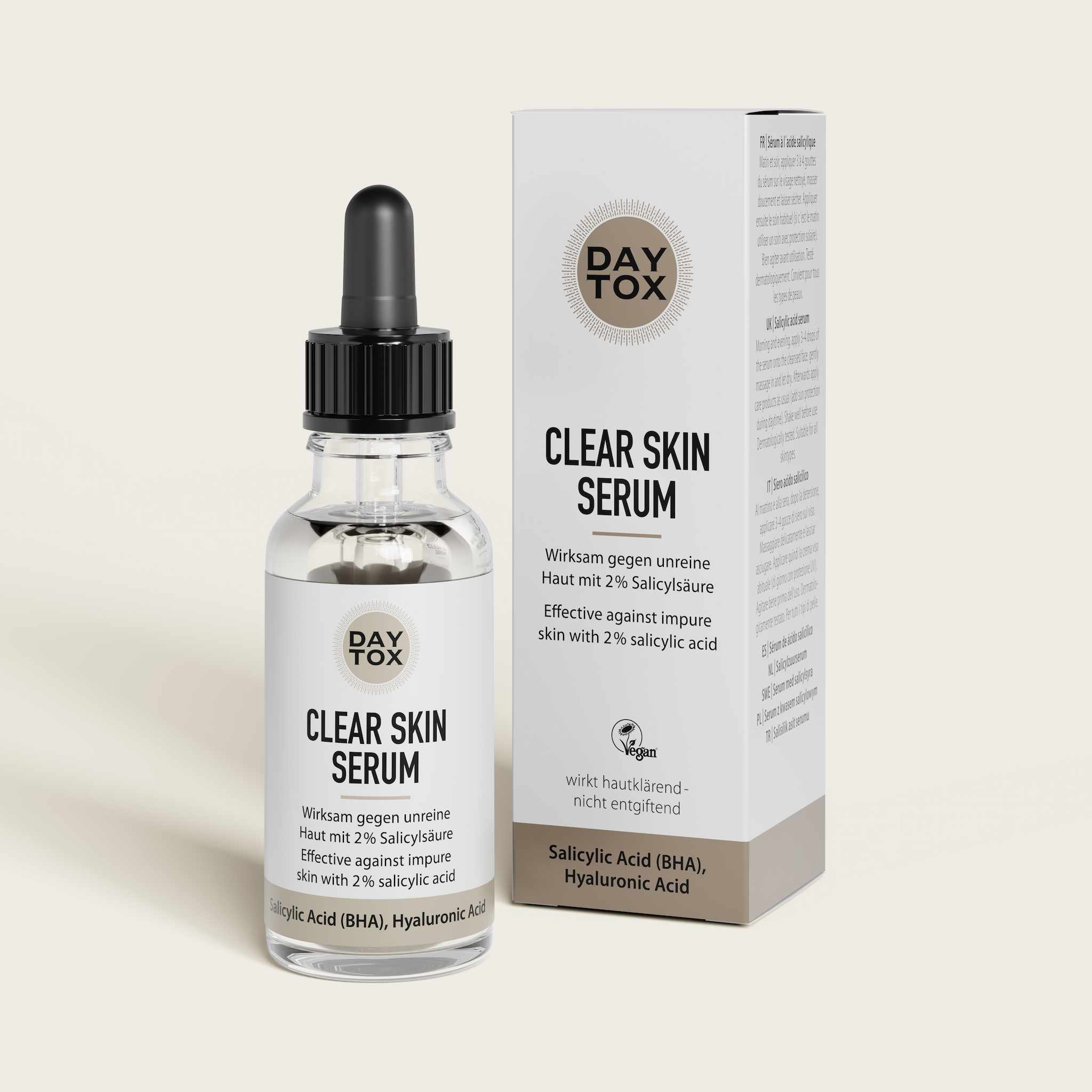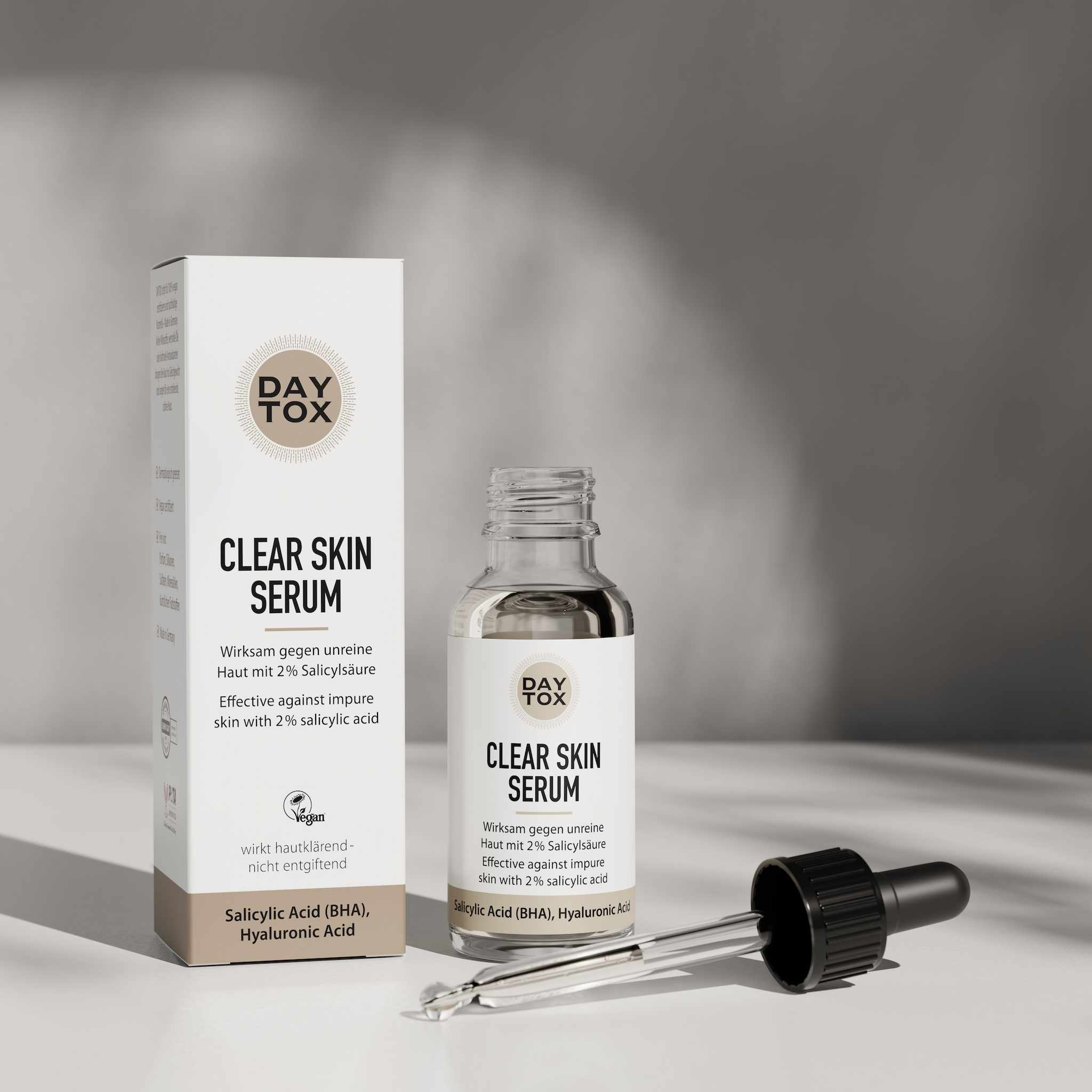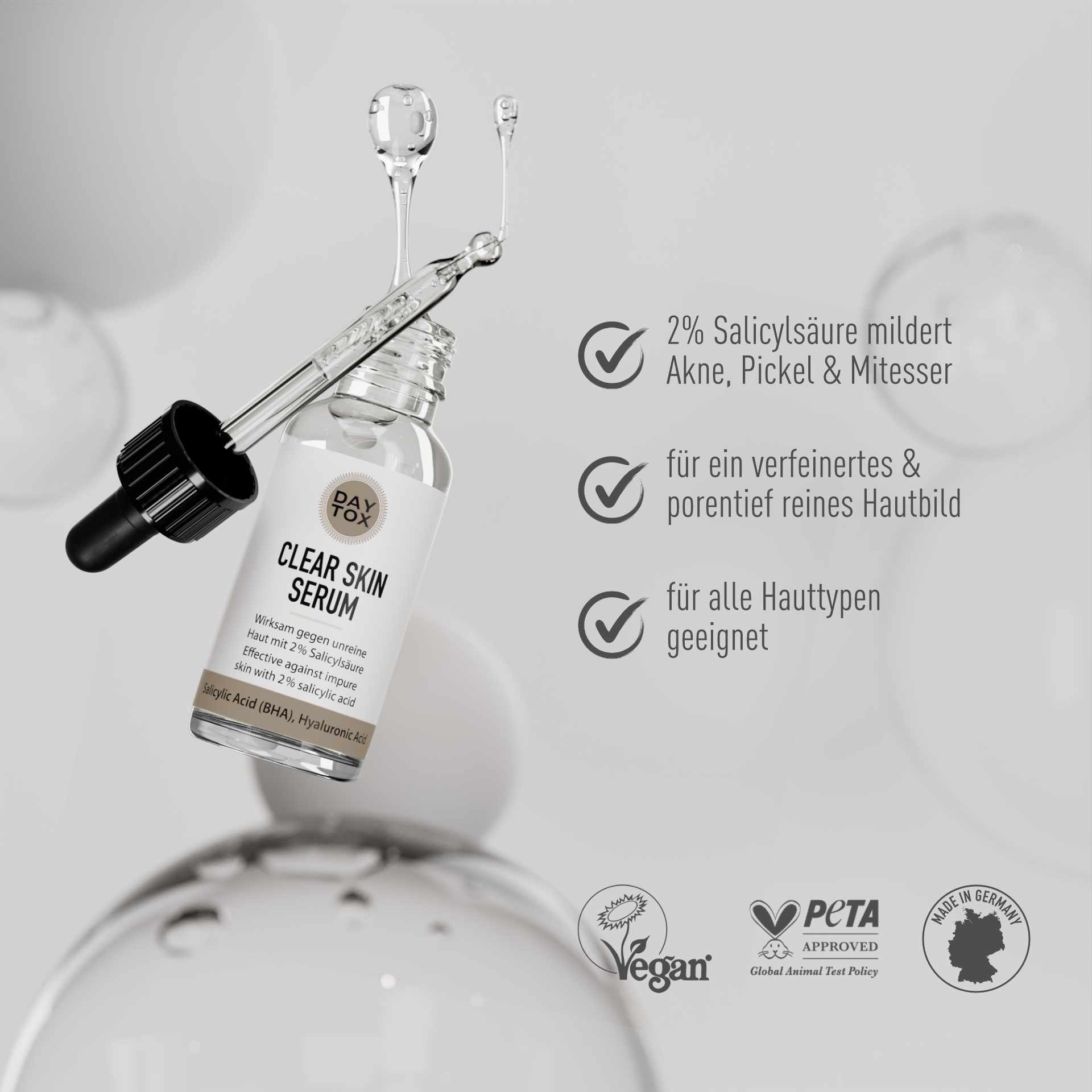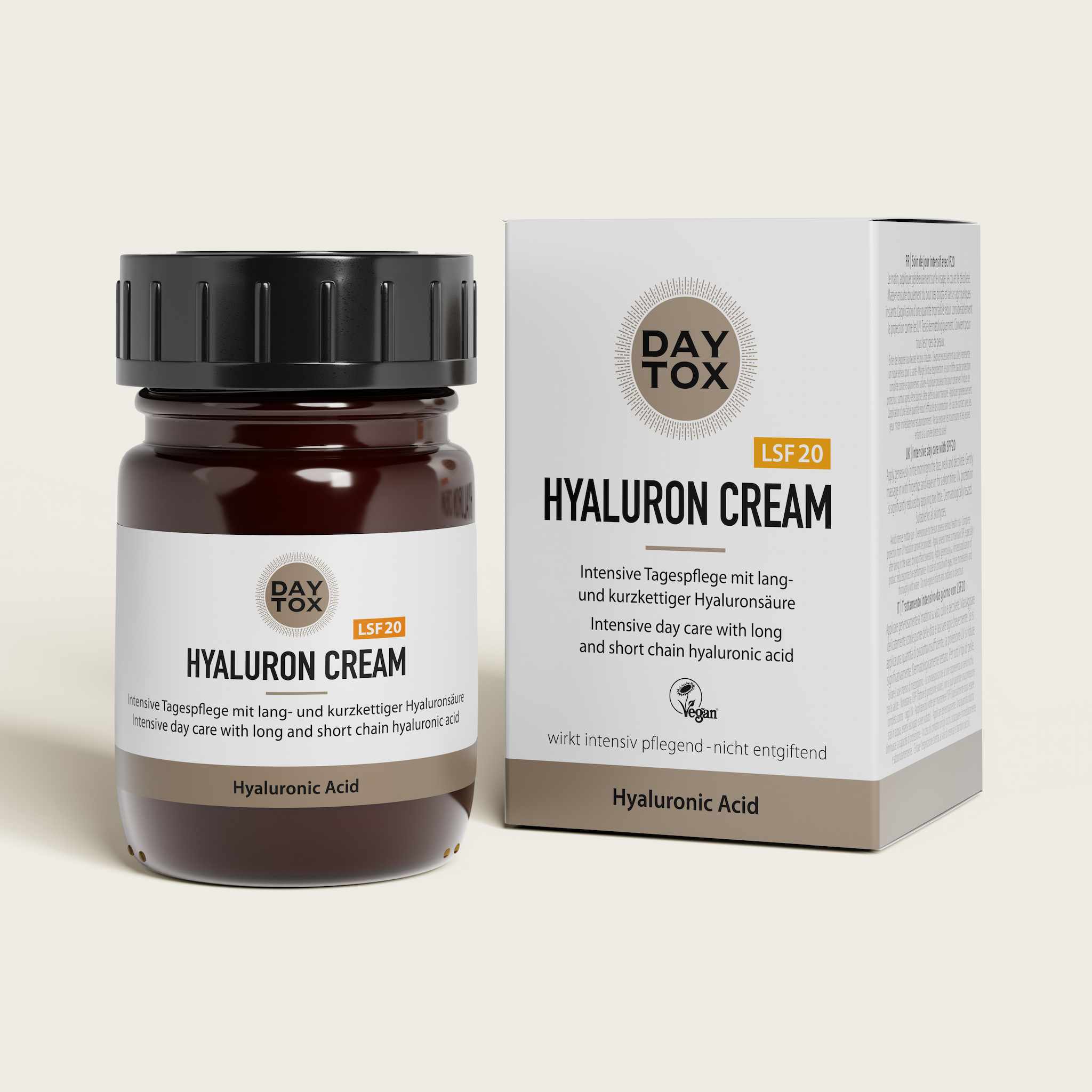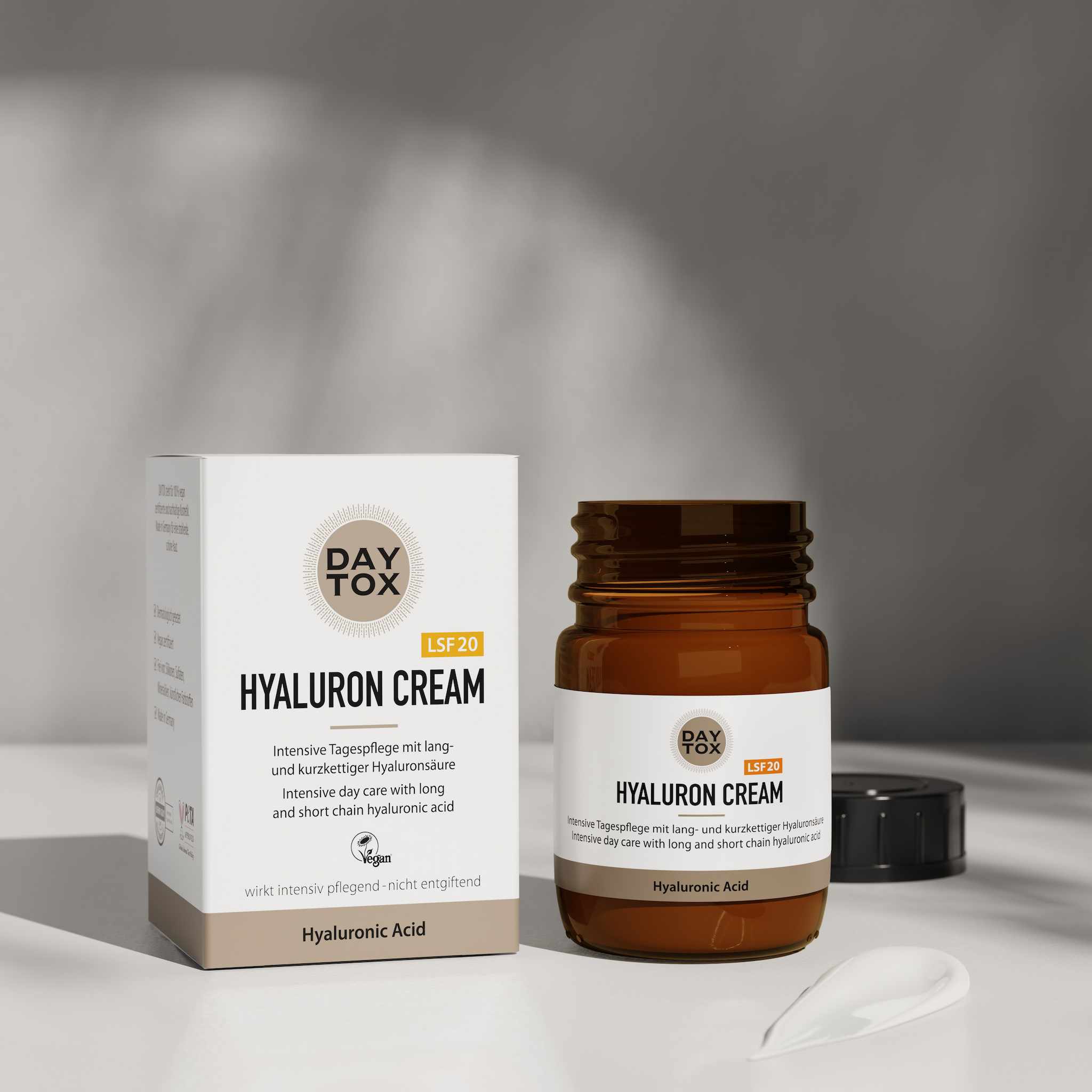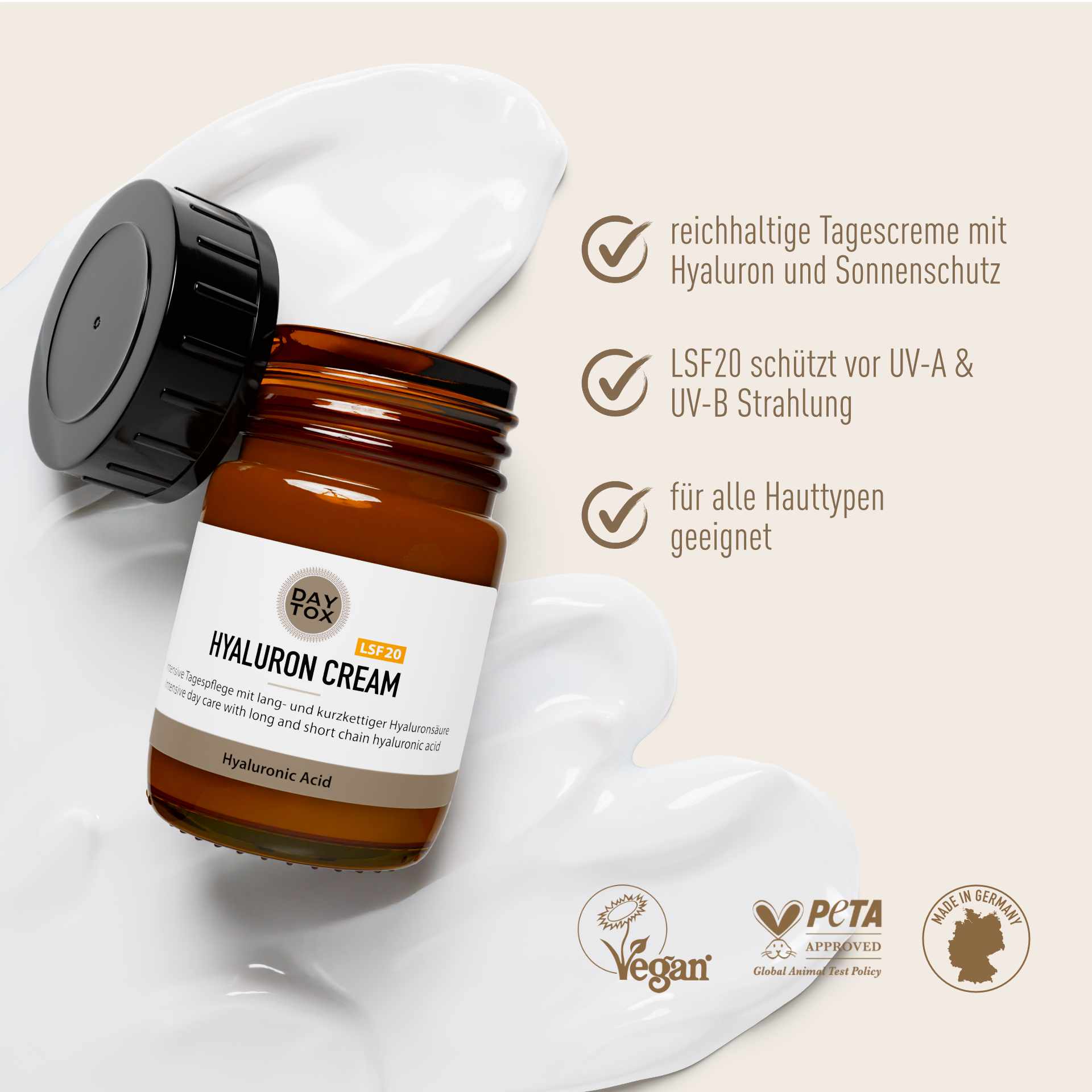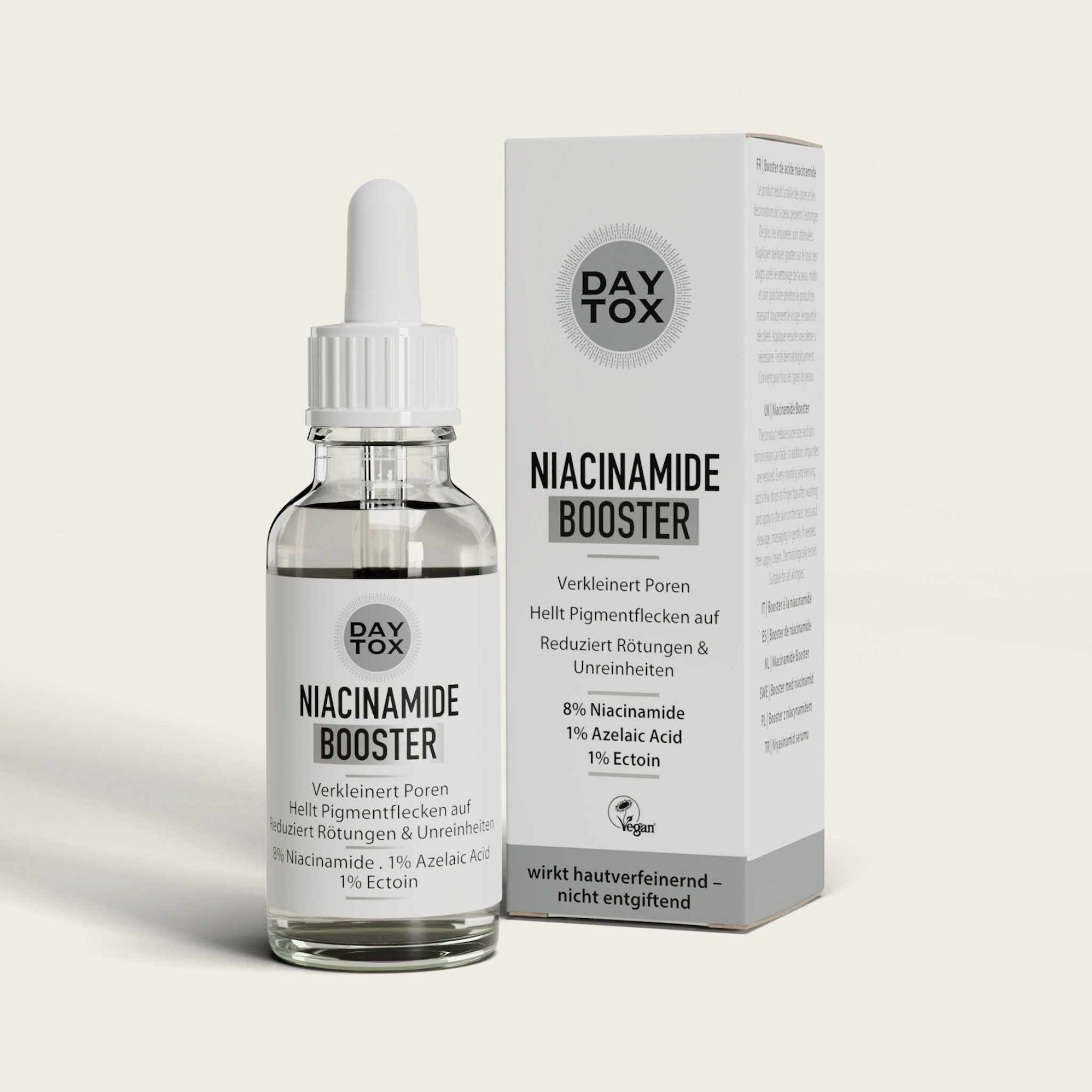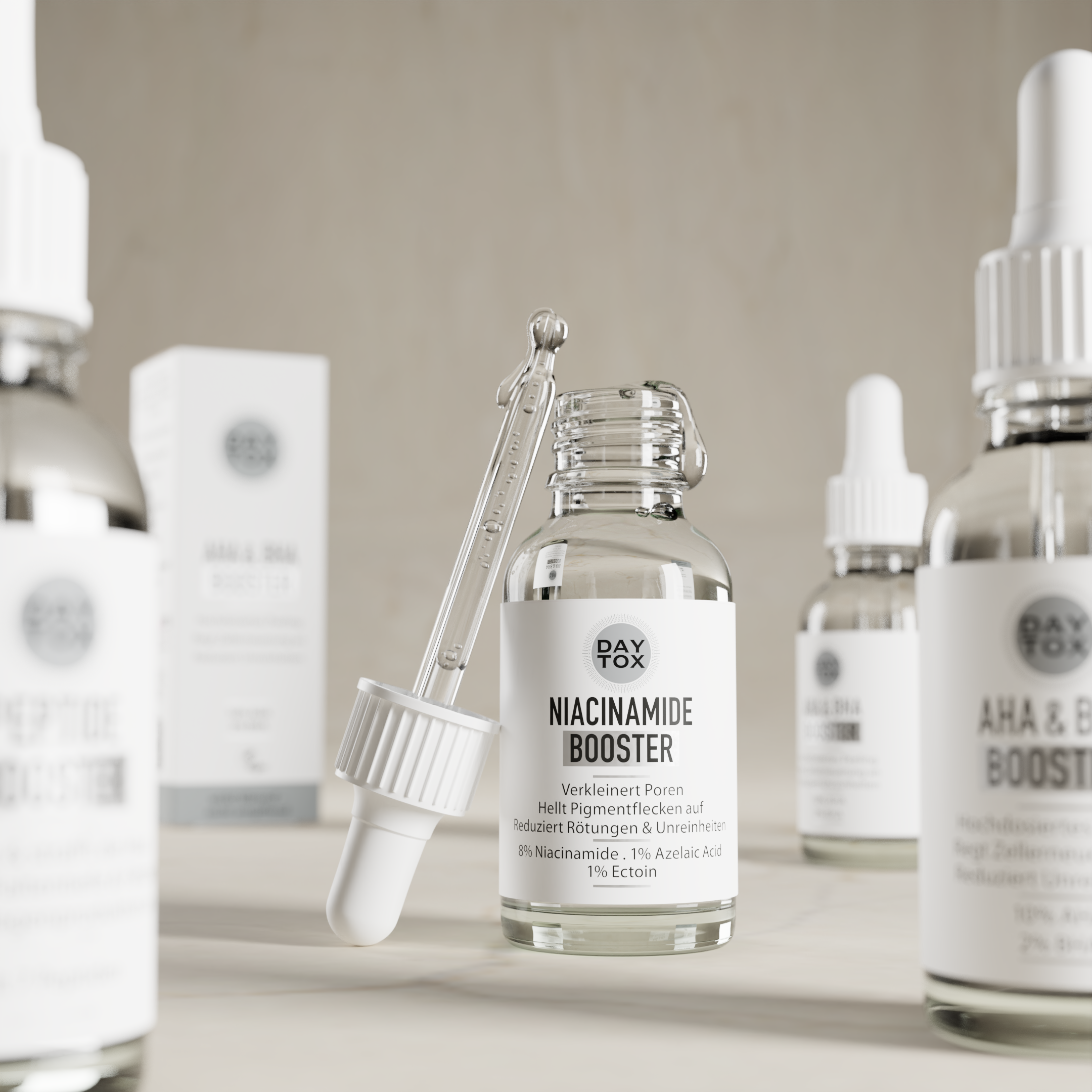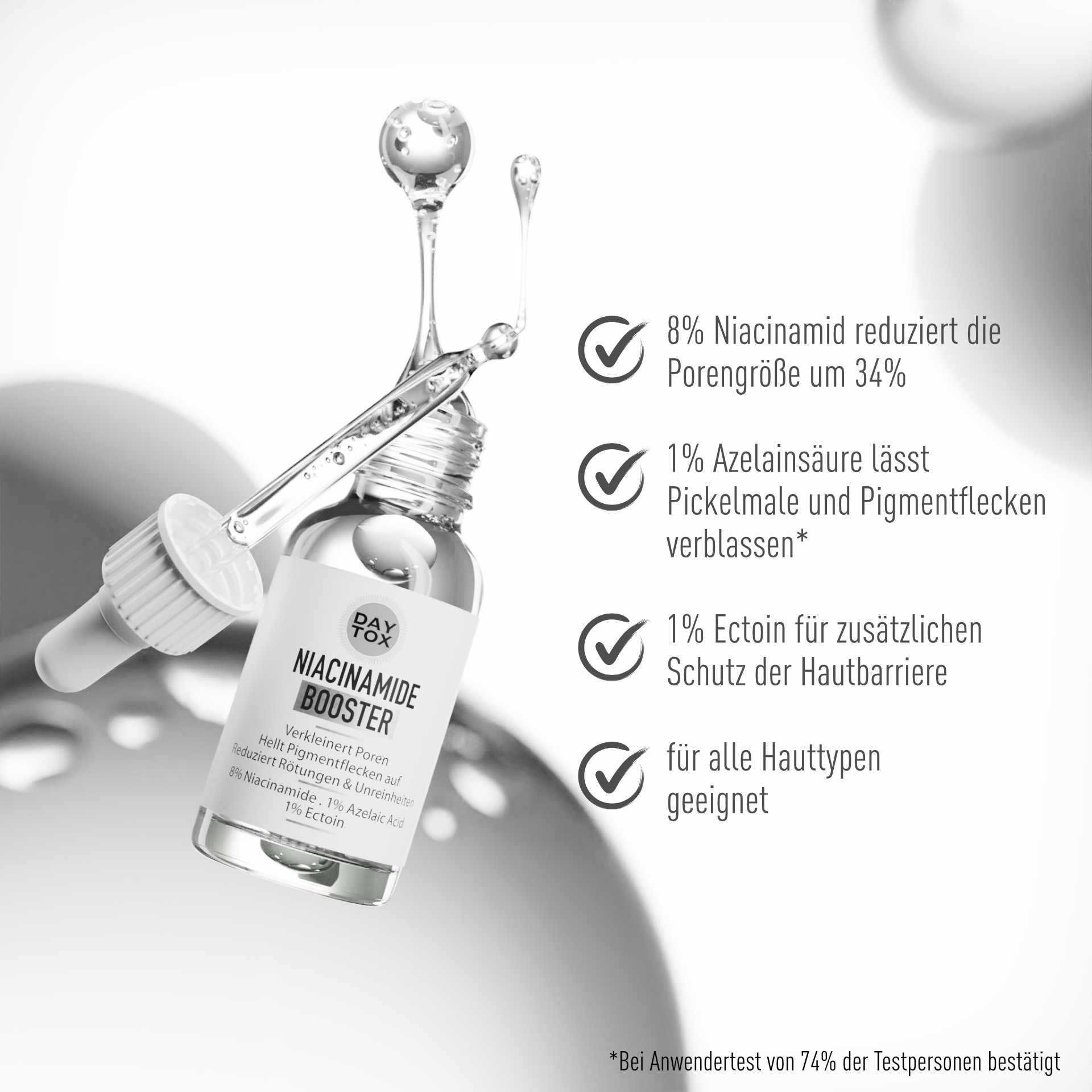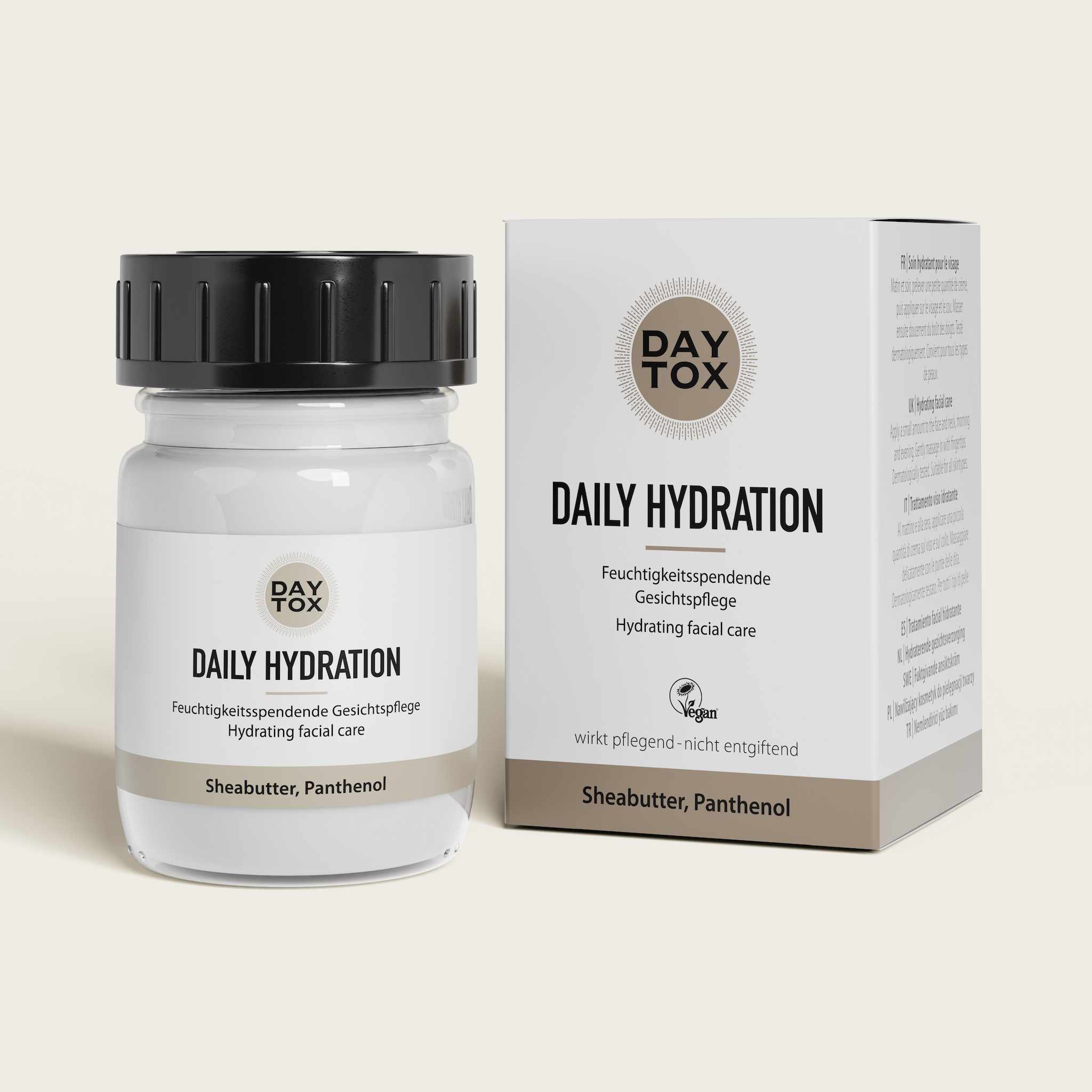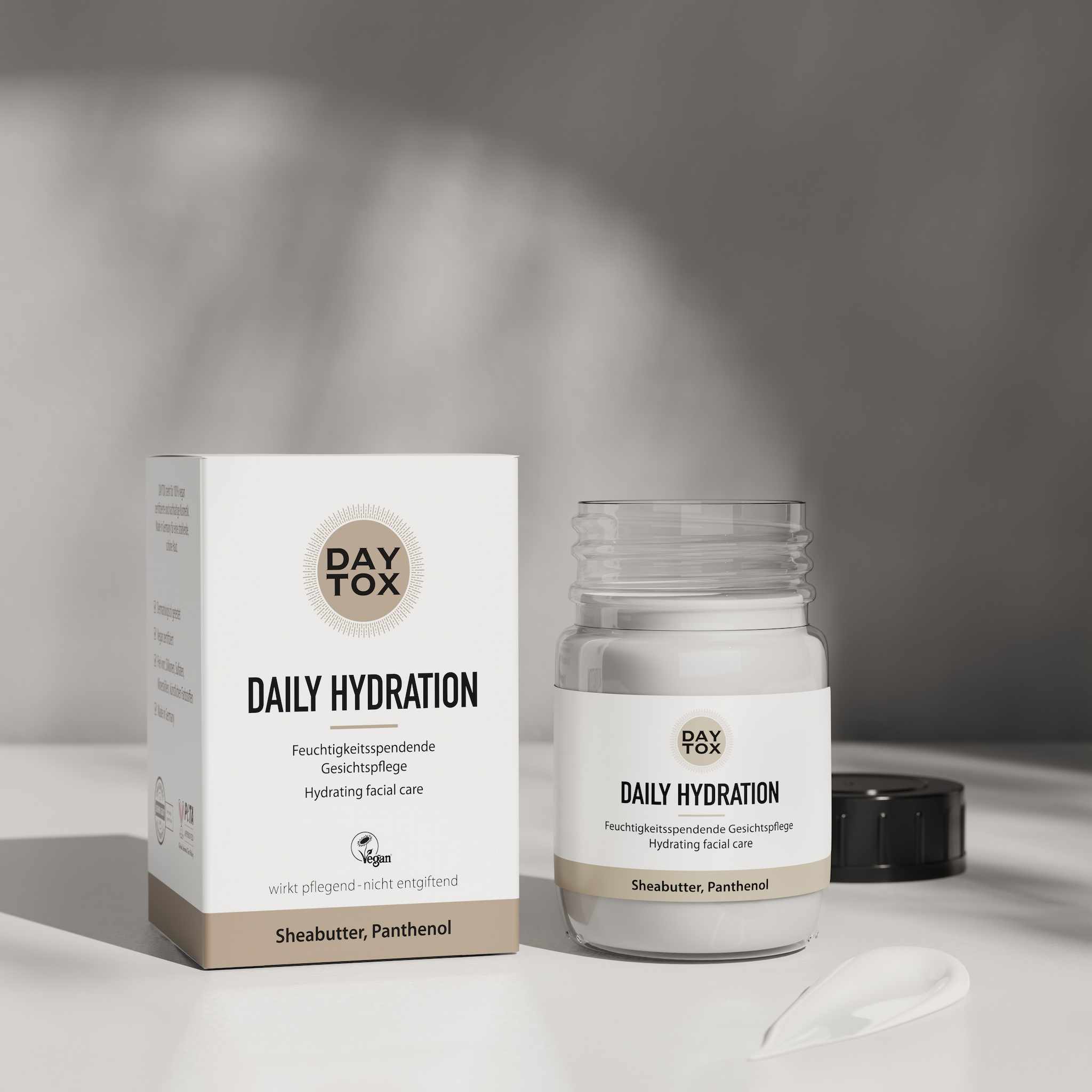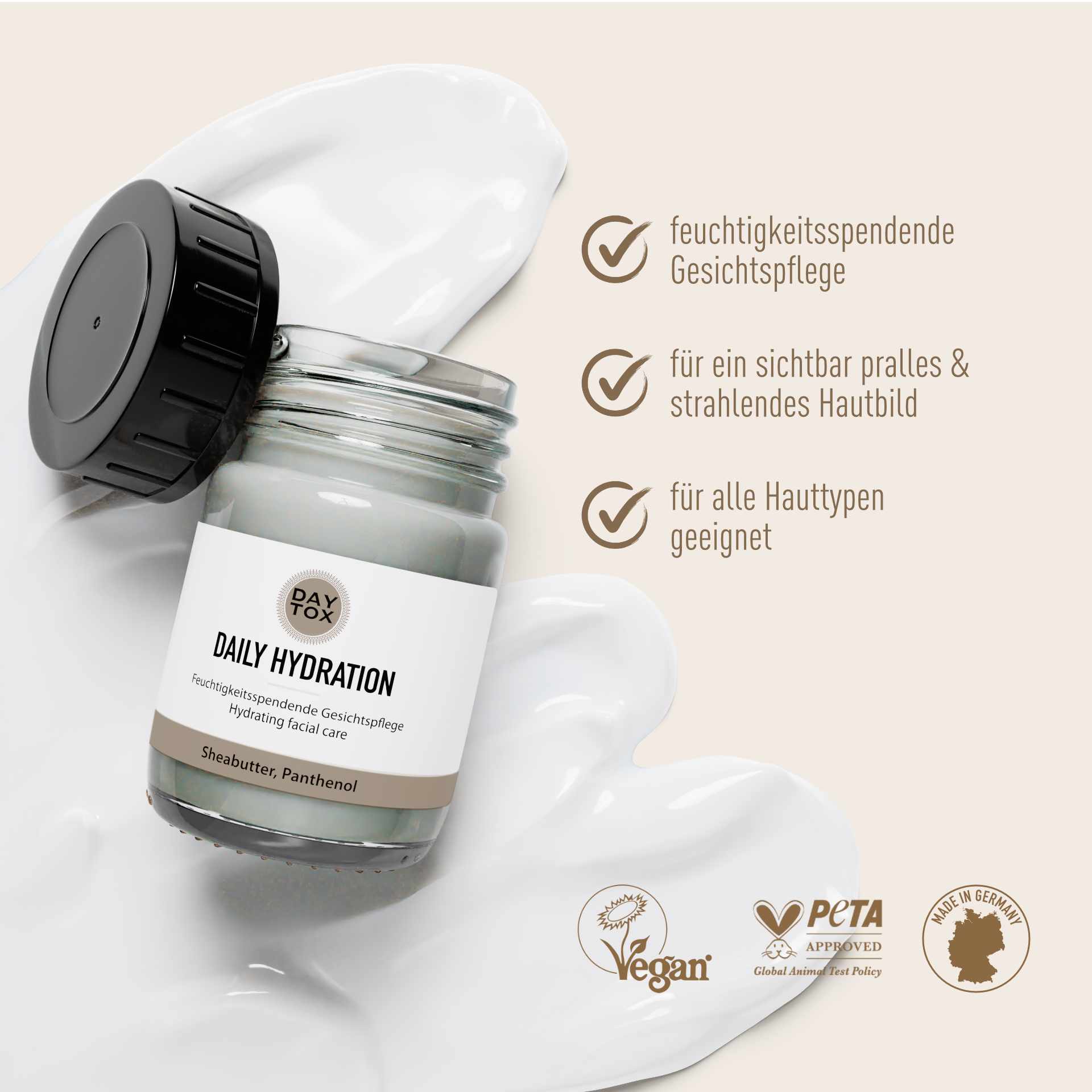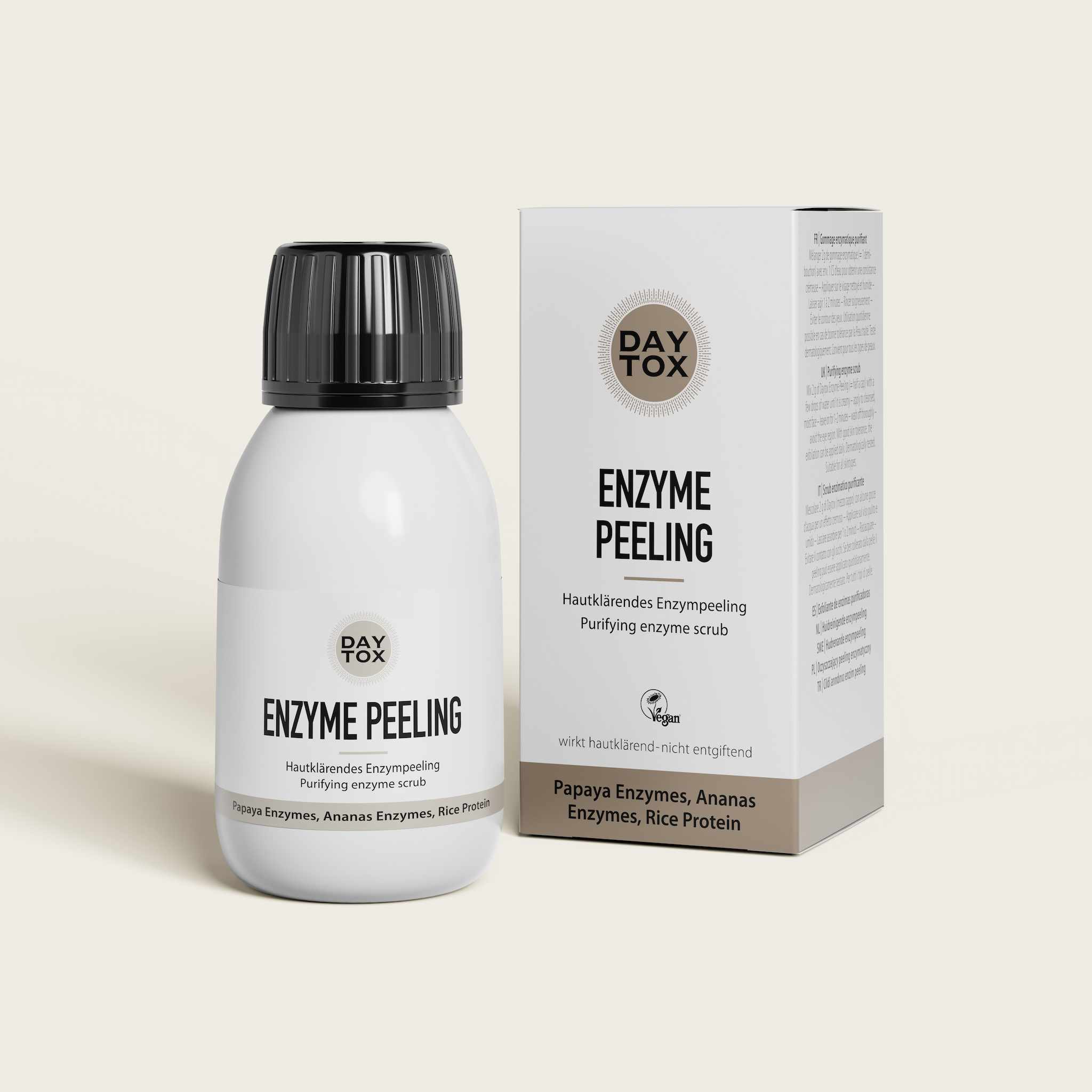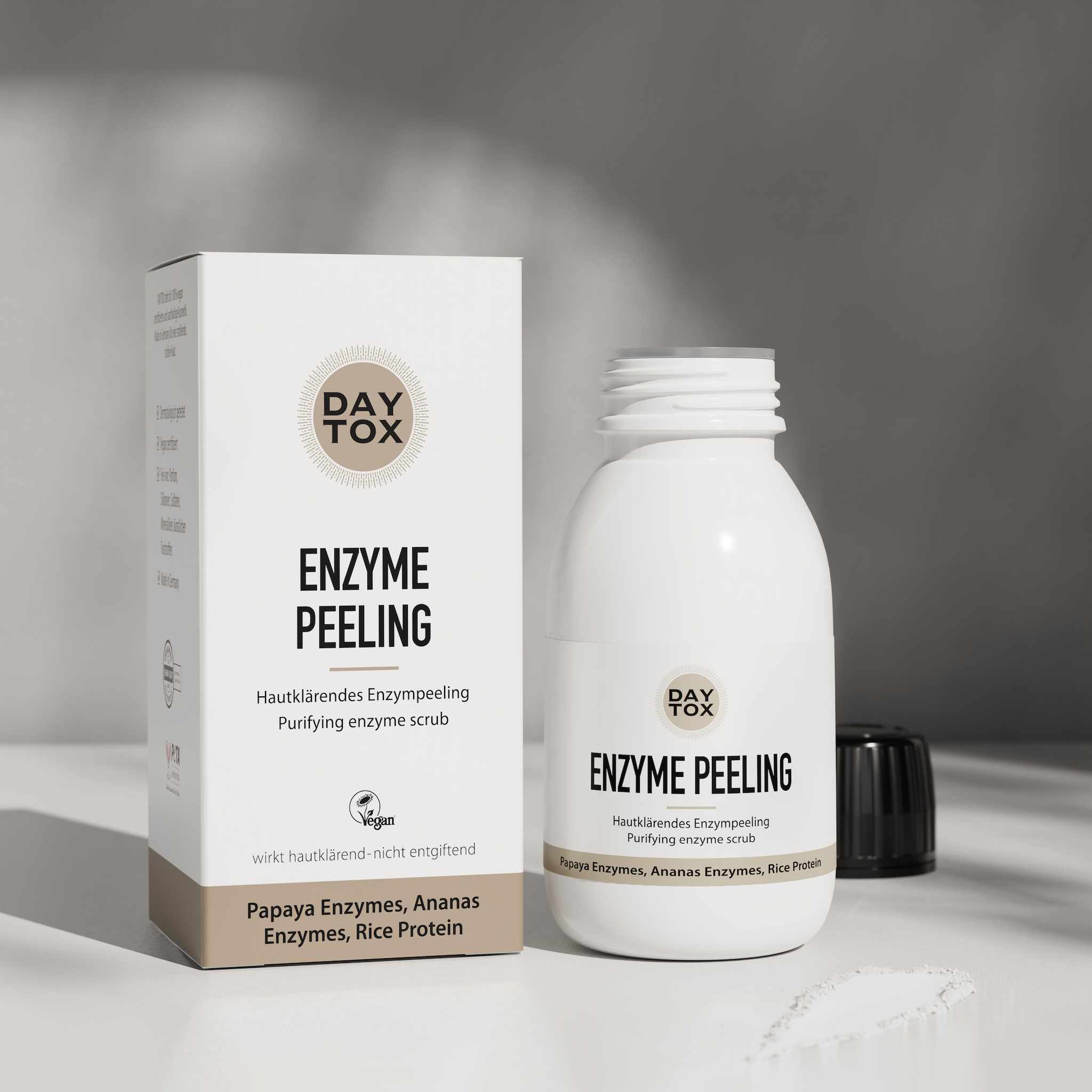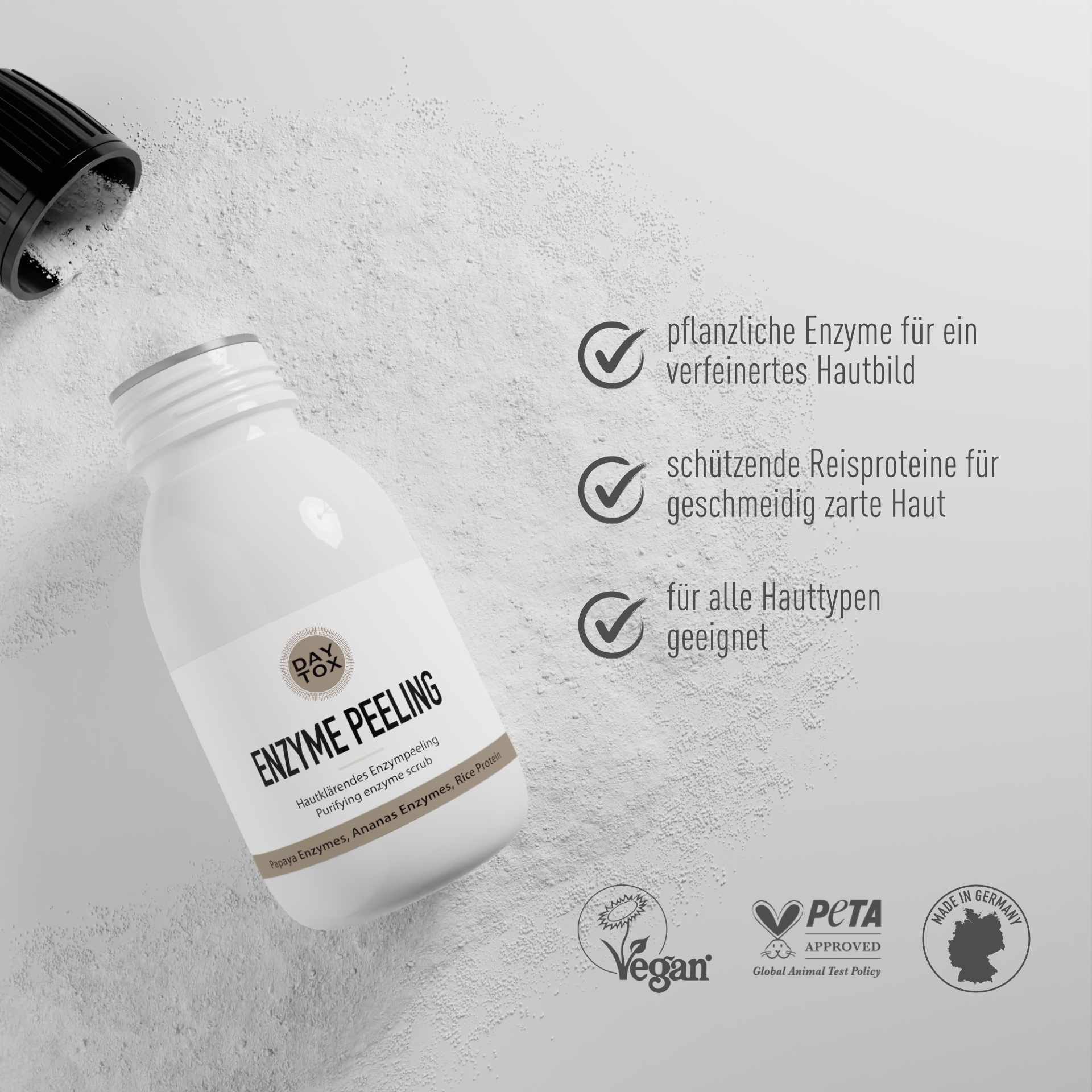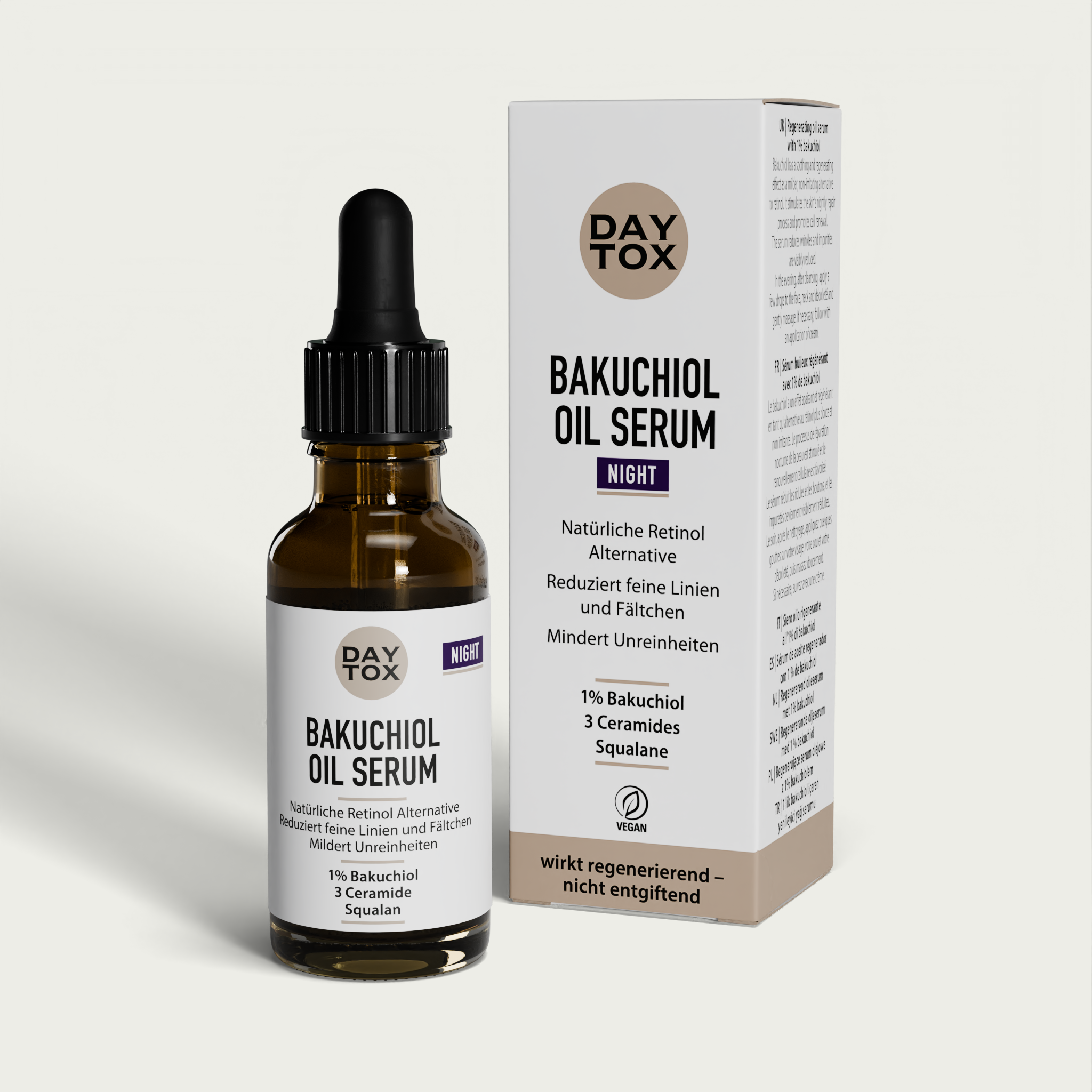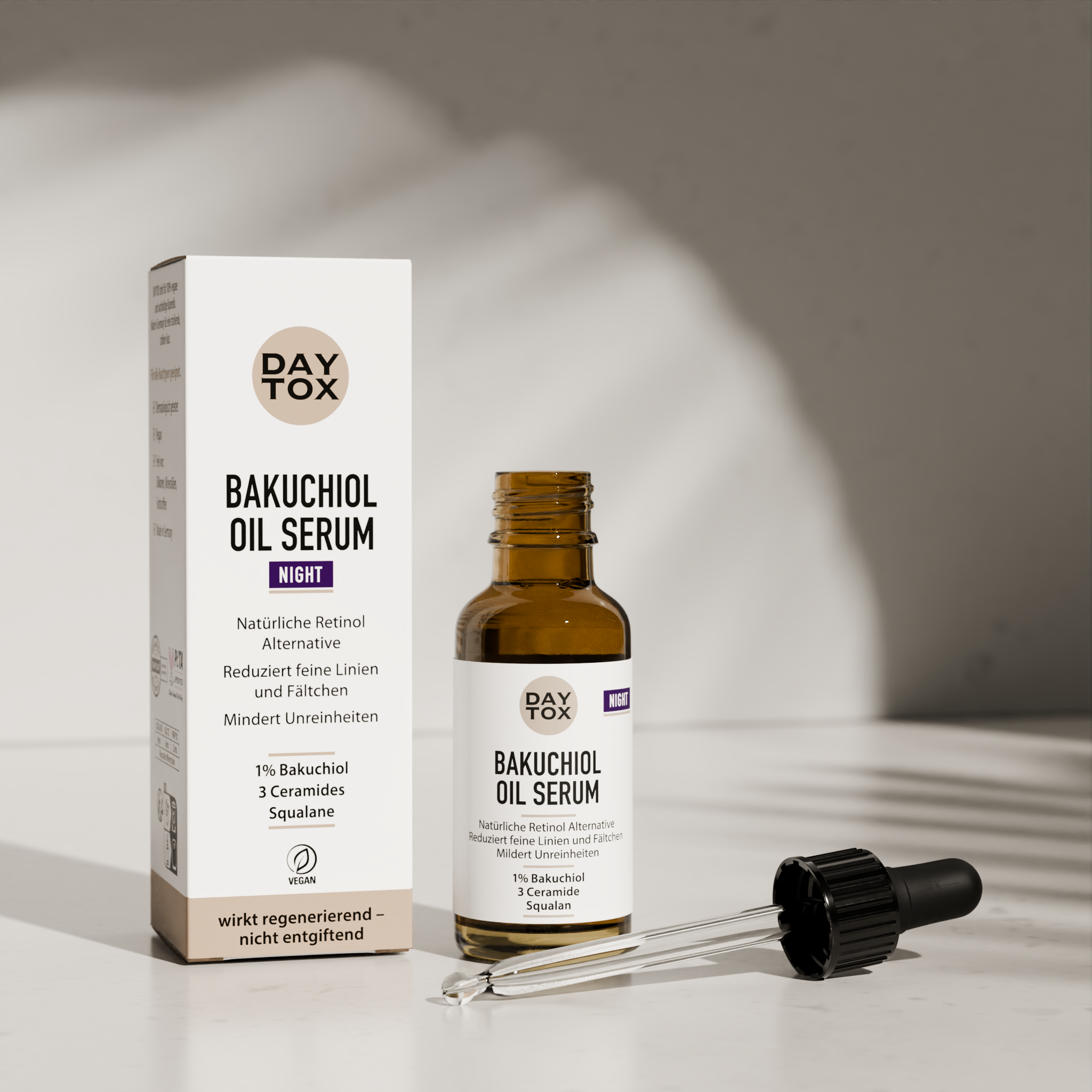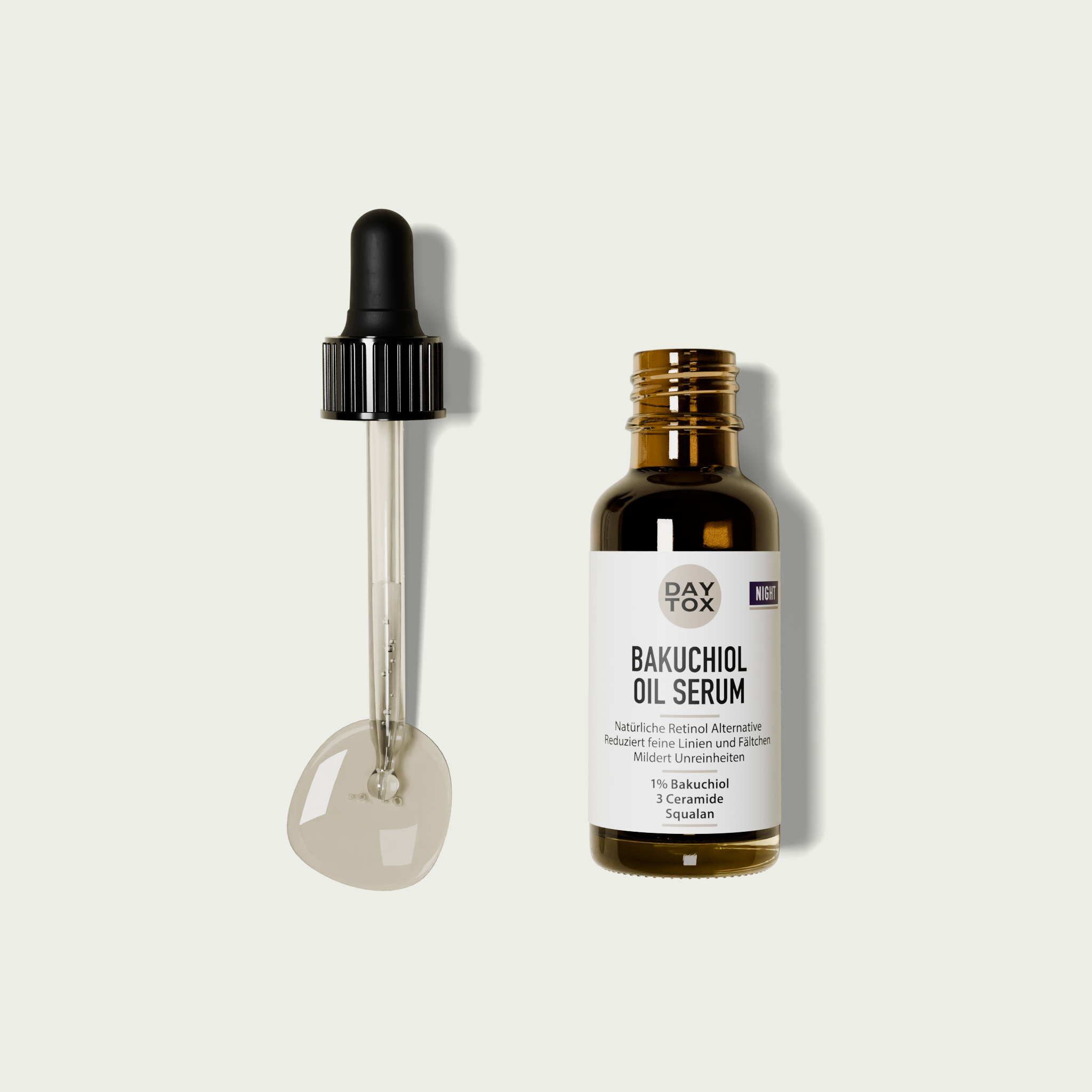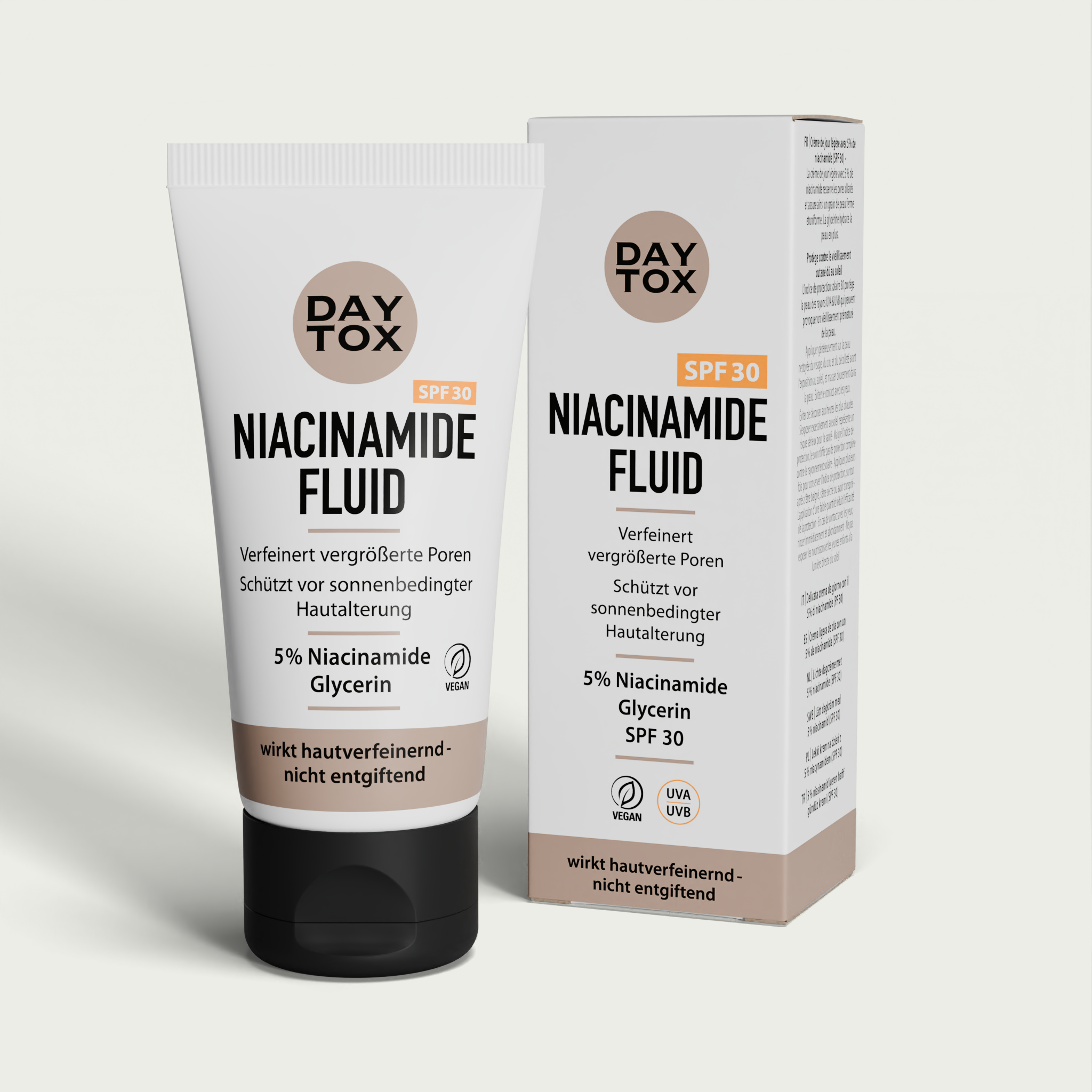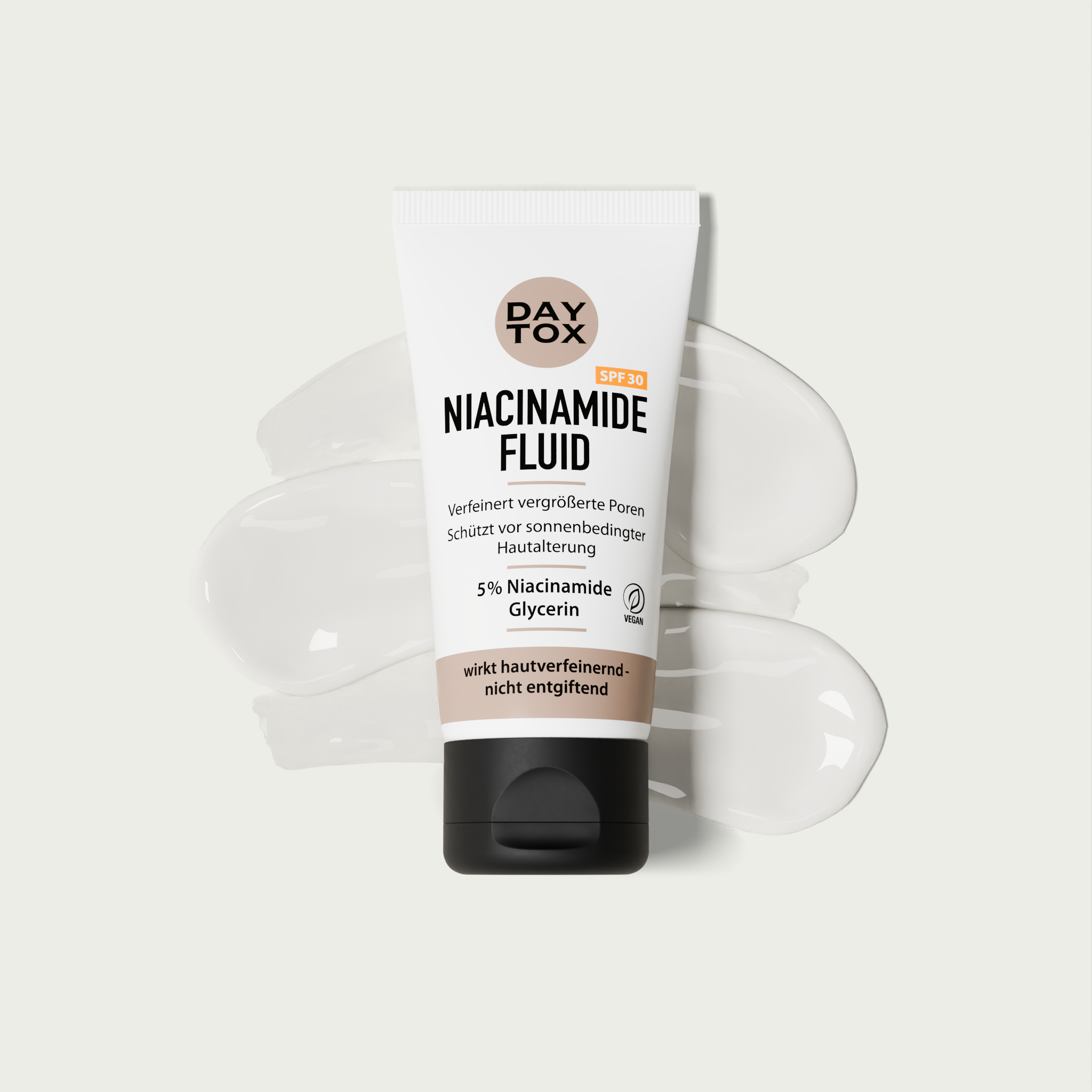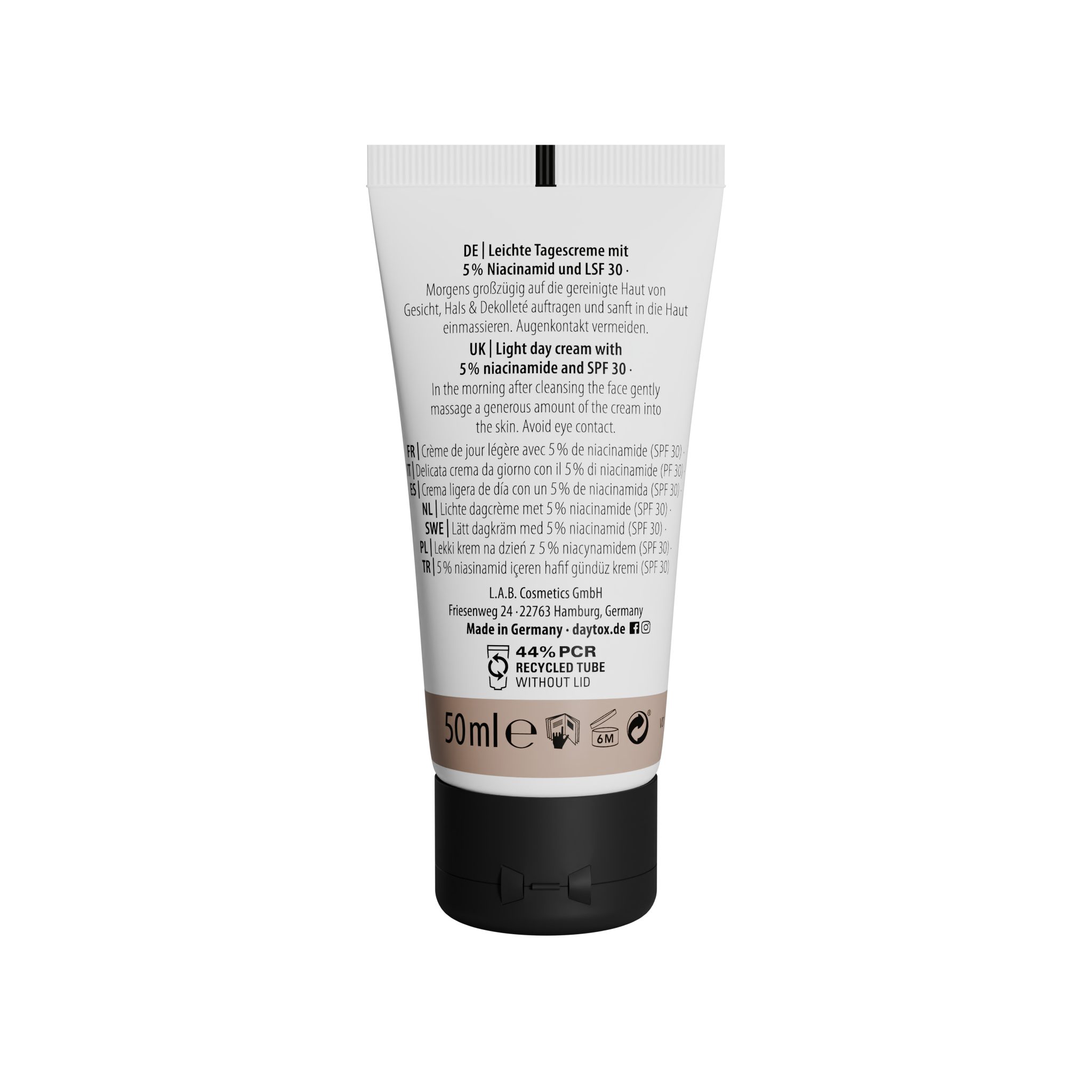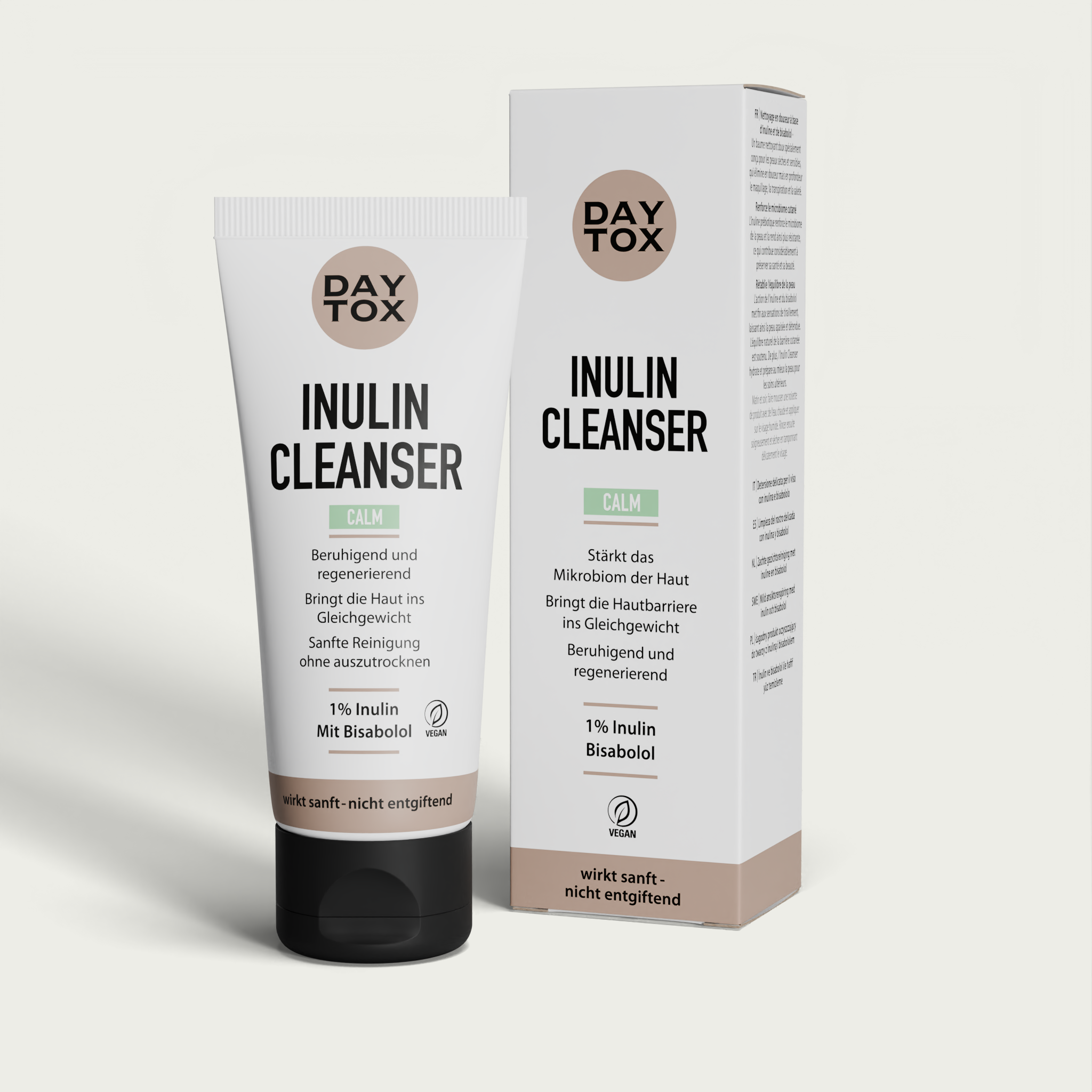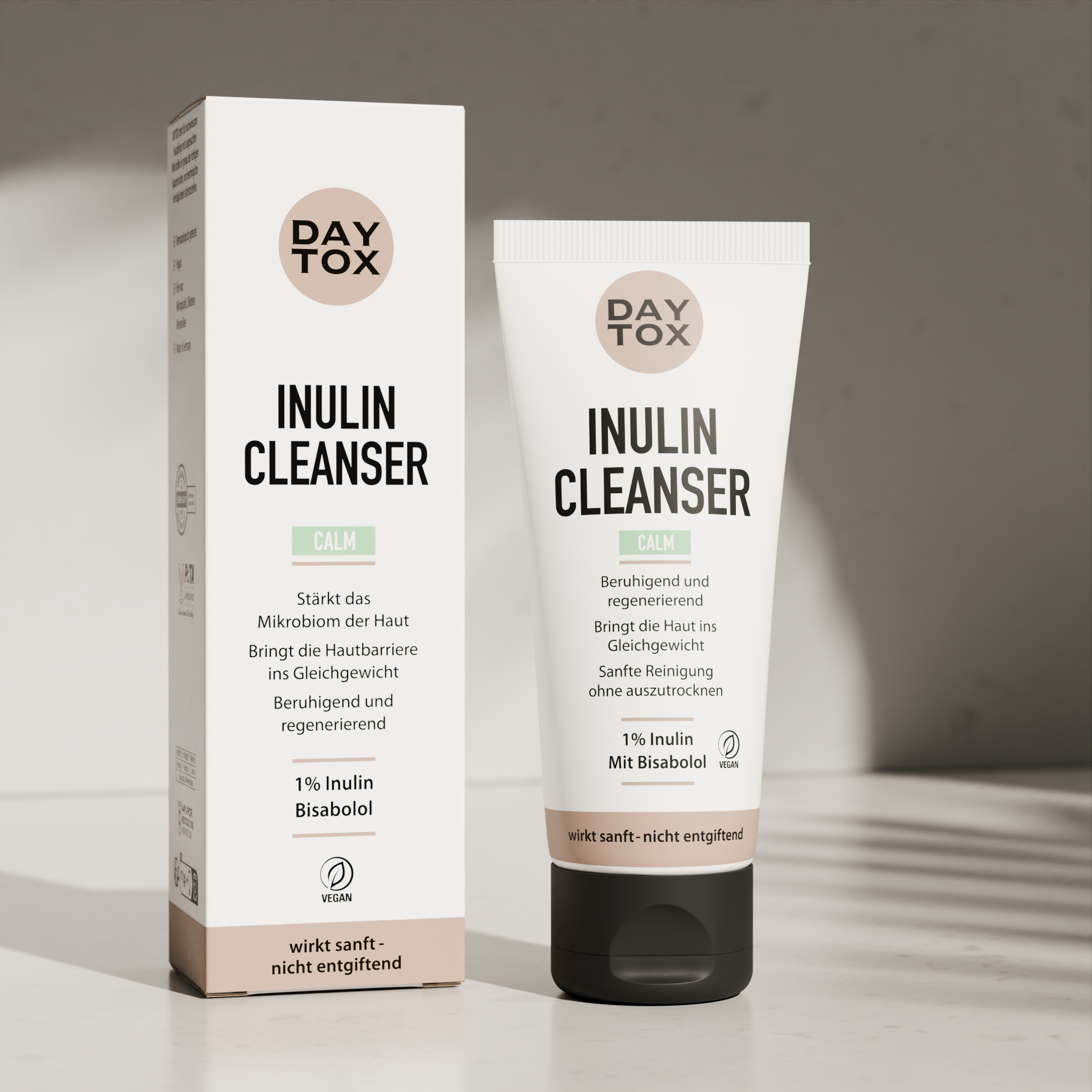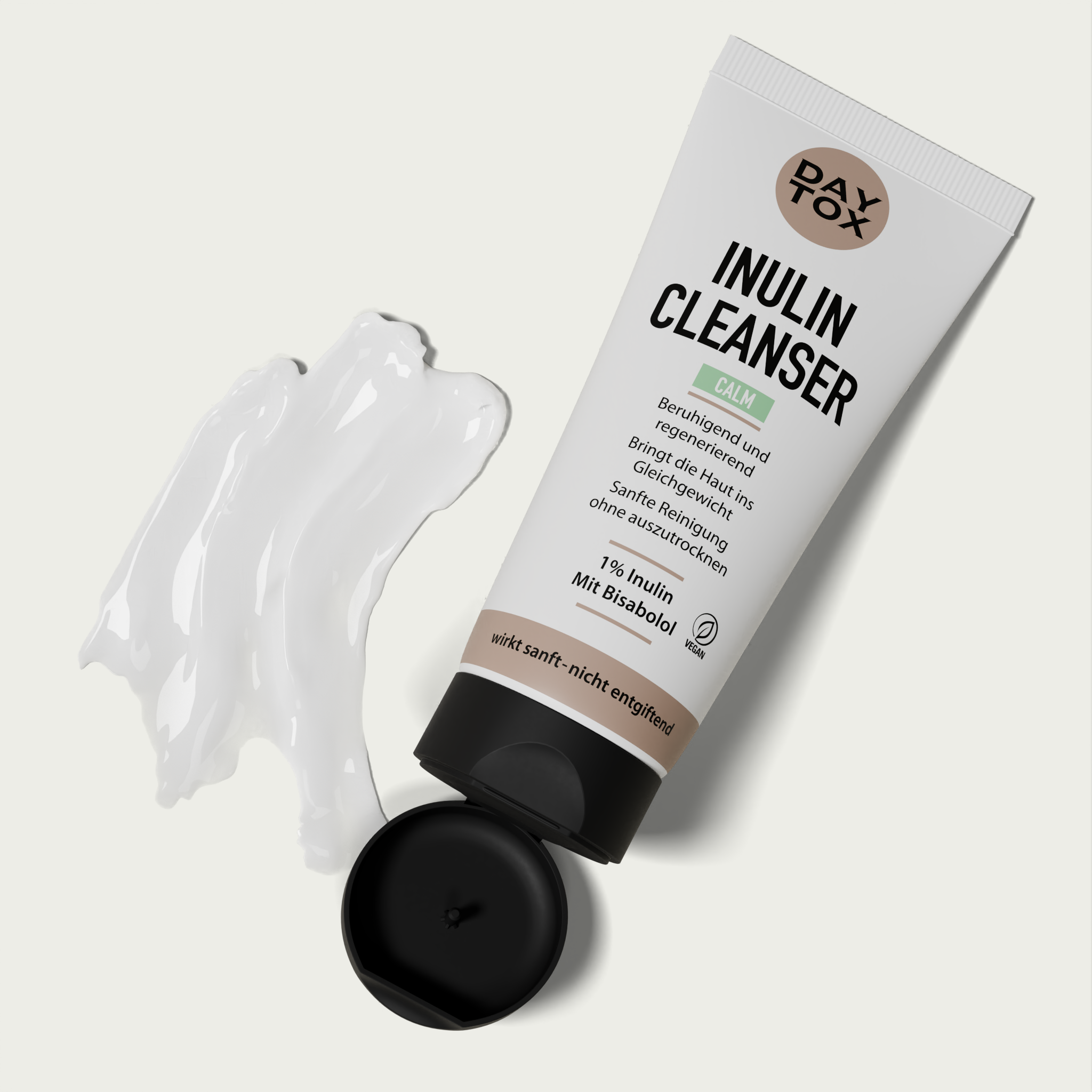Skin type: Oily skin


Woran du ölige Haut erkennst
Oily skin is characterized by excessive sebum production and enlarged pores. The skin becomes shiny again just a few hours after cleansing, especially on the forehead, nose, and chin (T-zone). Pores are visibly enlarged, and makeup seems to "slide" onto the skin instead of absorbing well.
In the right amount, sebum is very important because it forms a protective film on our skin that retains moisture and protects it from harmful environmental influences.
However, oily skin produces more sebum than it needs to protect the skin barrier. The excess sebum clogs pores and promotes the formation of blackheads and blemishes. Oily skin is therefore often prone to blackheads, pimples, or acne.
Causes
Oily skin is often genetic. However, other factors can also be responsible for the overproduction of sebum, such as hormonal changes during pregnancy, menopause, or taking the contraceptive pill. The hormones that can be responsible for oily skin are called androgens. Androgens are "male" hormones, but they occur in both men and women.
Overly harsh, aggressive cleansing can also impact sebum production. If too much sebum is removed from the skin, it reacts by producing even more sebum – creating a vicious cycle. Stress, alcohol, or an unhealthy diet can also negatively impact the skin, causing more sebum to be produced and blemishes to develop.
What your skin needs
Our product recommendations for oily skin
